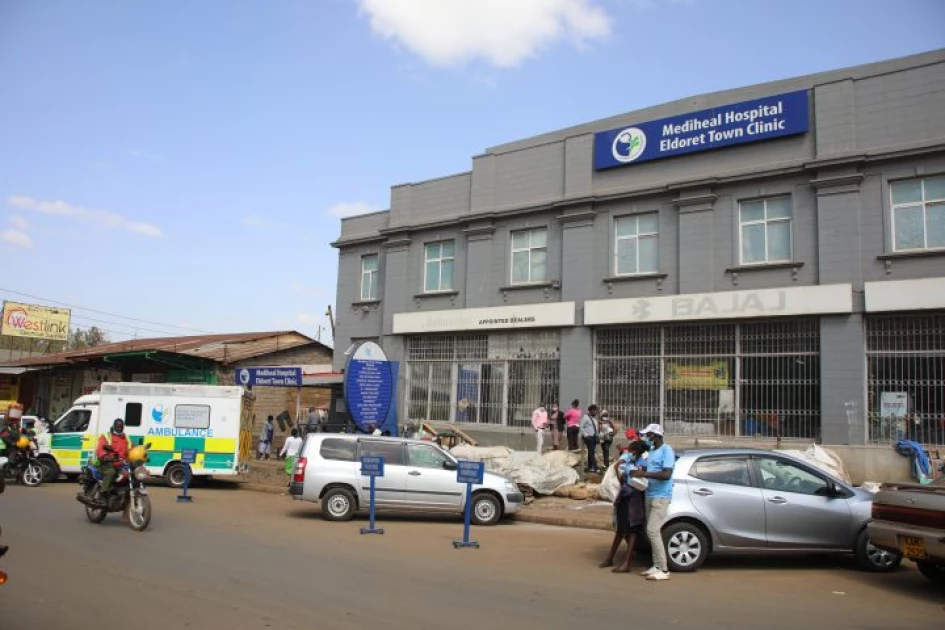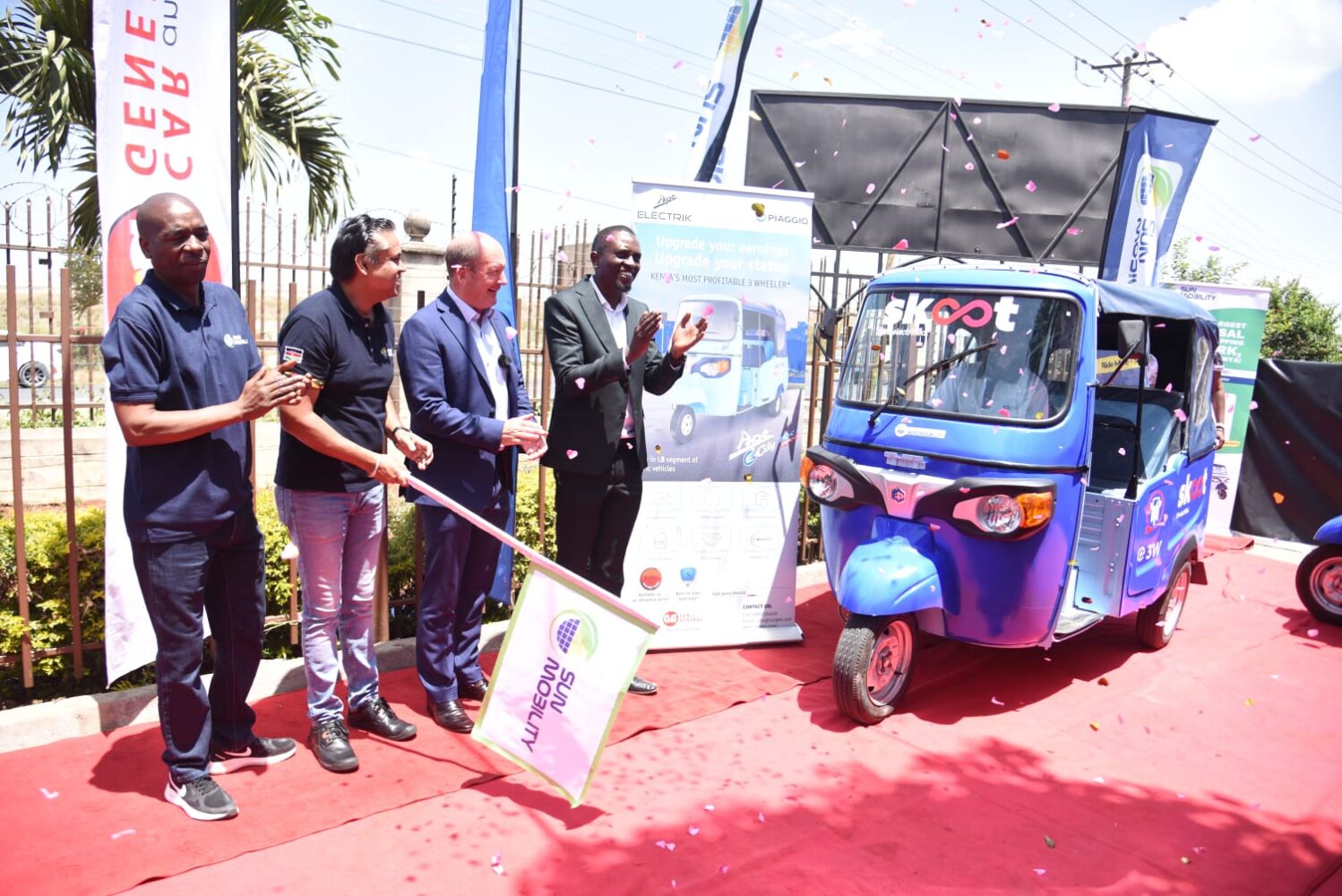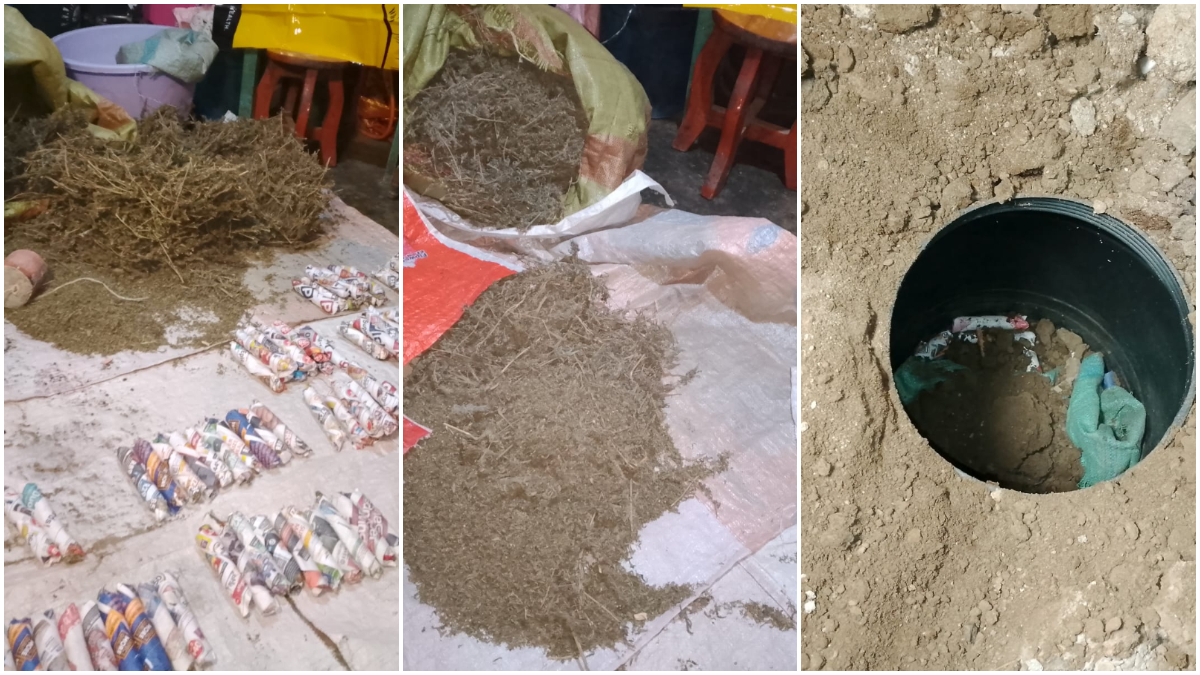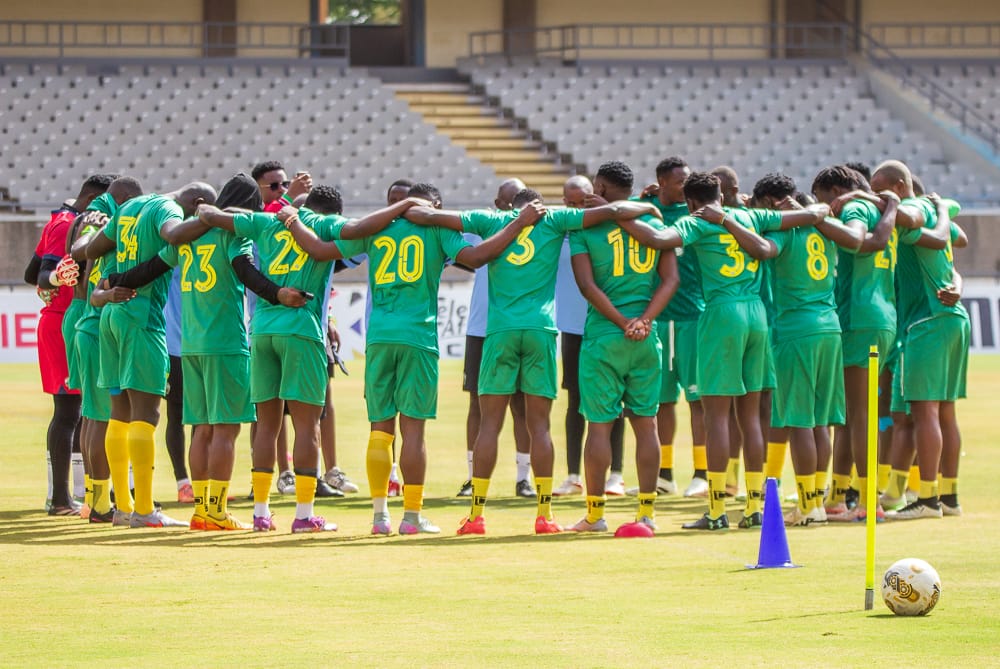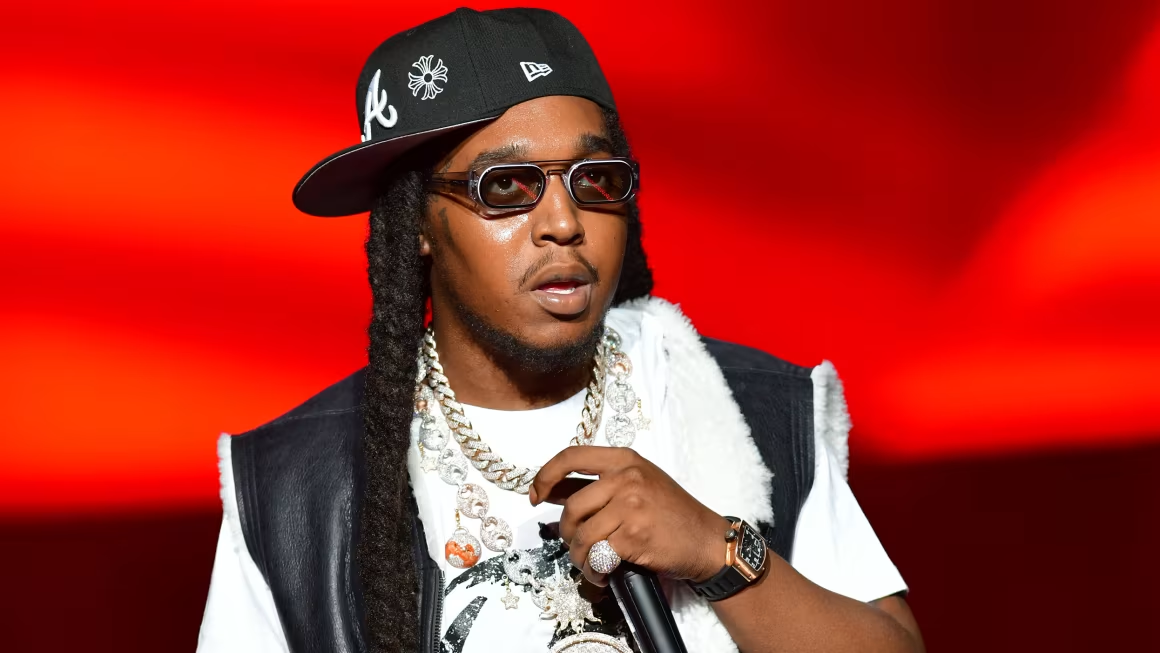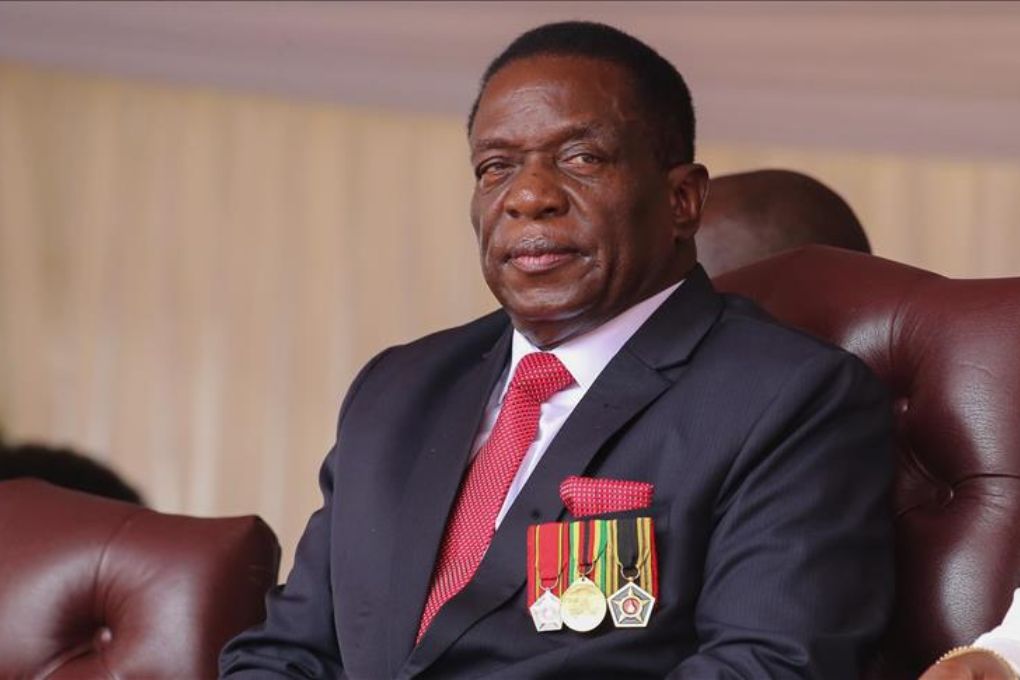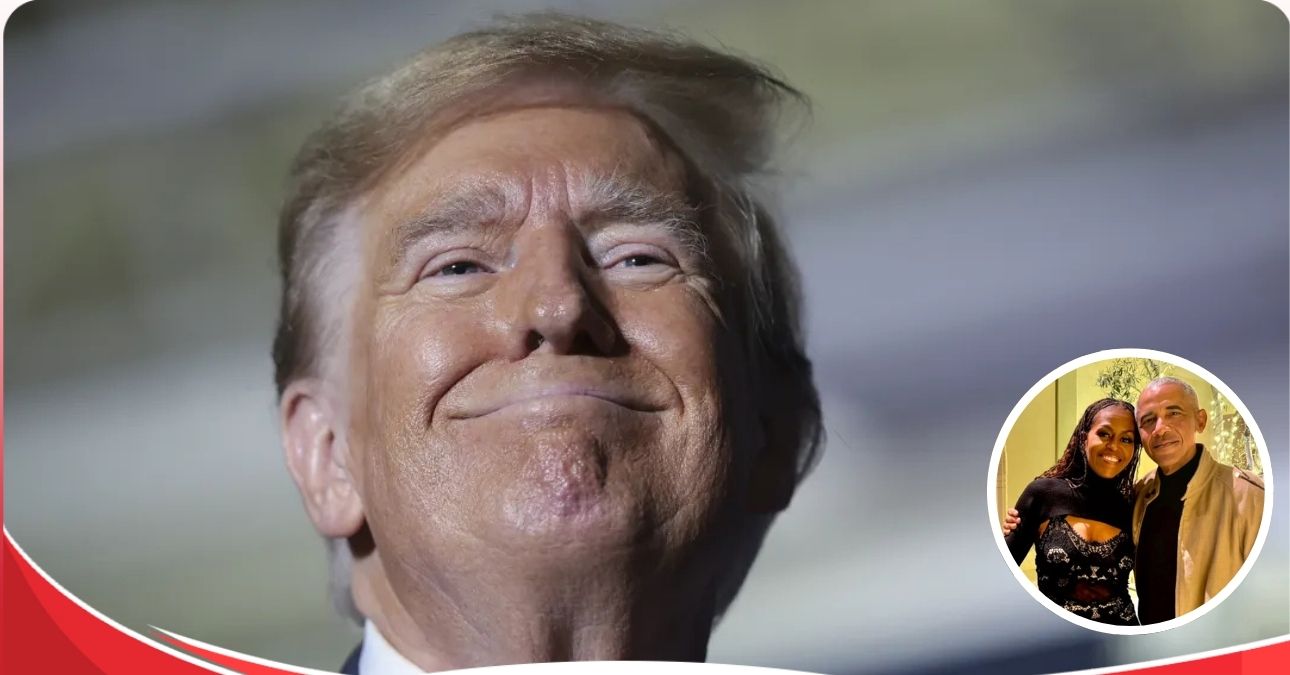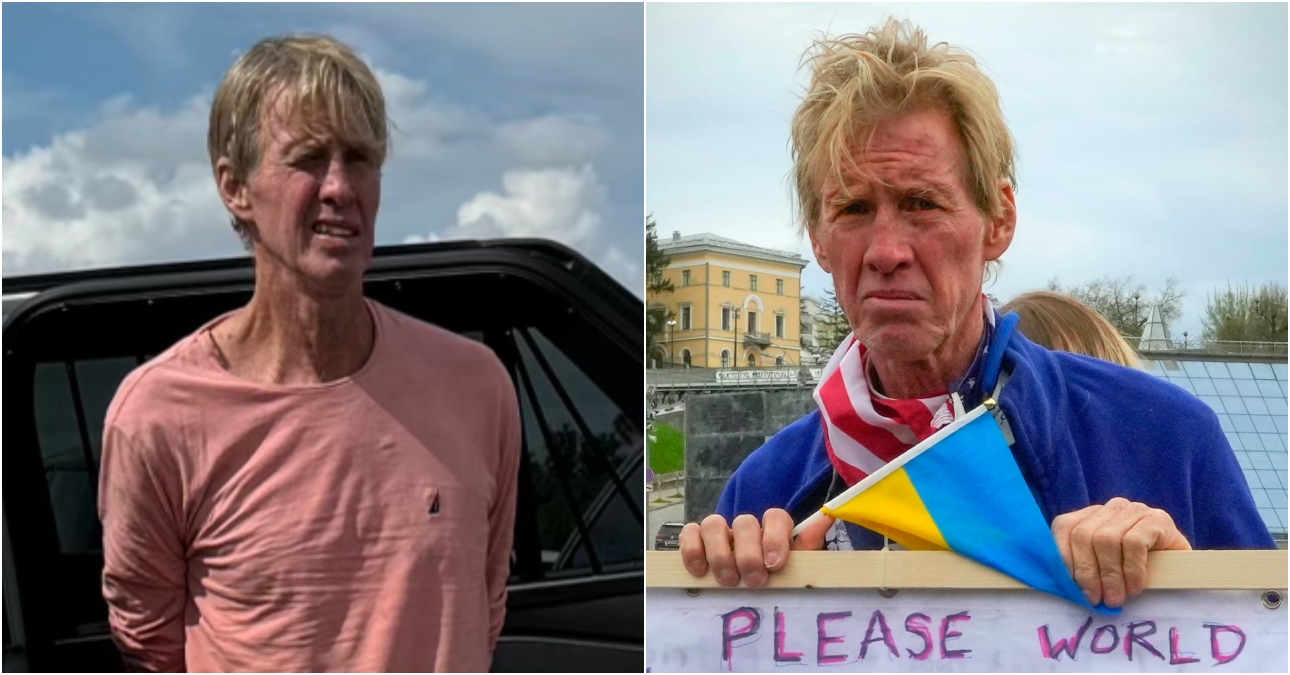Mediheal Group of Hospitals has come out strongly to defend its operations in the wake of growing scrutiny over its kidney transplant procedures.
In a detailed statement signed by Deputy Operations Manager Dancel Njoroge N’gang’a, the hospital maintains it has upheld strict ethical and legal standards, and insists it has not been involved in any malpractice, organ trafficking, or commercialisation.
The hospital states that since receiving authorization from Kenya’s Ministry of Health in November 2018, it has performed 476 kidney transplants—372 of which were conducted on Kenyan patients. Other beneficiaries have come from countries including Israel, Uganda, Somalia, Burundi, DRC, South Sudan, Germany, Tanzania, the USA, and Oman.
Mediheal asserts that in all these cases, both donors and recipients arrived at the hospital as pre-arranged pairs, and the hospital did not play any role in matching or linking them.
“All recipients and donors came together as a pair to the hospital with an agreed understanding on the donor/recipients positions. Mediheal was not involved in suiting and uniting the recipients and donors, or how they met,” the statement reads.
At the heart of the hospital’s defense is its claim of adherence to Section 80 of Kenya’s Health Act, 2017, which requires that organ donations be made voluntarily and without coercion. Mediheal says it obtains affidavits confirming the voluntary nature of each donation, often supported by additional documentation from the patients’ countries of origin.
The hospital has also pointed to its investment in advanced medical infrastructure and staff, citing its use of 4th generation organ-matching technology—claimed to be the only one of its kind in Africa—and laparoscopic surgical procedures, which reduce patient recovery time and lower mortality risks.
According to the hospital, its facilities include a high-end Renal Intensive Care Unit equipped with cutting-edge tools for optimal post-operative care.
“Our transplant outcomes speak for themselves,” the hospital’s statement notes, citing a 98% patient survival rate 30 days post-operation, and 93% at the five-year mark. Graft survival stands at 95.8%, with only eight cases of acute rejection recorded in five years. Hospital readmission rates have reportedly remained below 2% within that same timeframe.
Mediheal further highlights that it is not profiting from the organ transplant process beyond standard medical charges, which it says average USD 25,000 for Kenyan and African patients and USD 35,000 for non-African patients. In comparison, similar procedures in other countries can cost as much as USD 150,000. It insists that all funds collected are strictly for professional medical services, pharmaceuticals, surgical equipment, and ICU use.
“We have not billed or received payment for any services outside medical care,” the hospital stated, denying any allegations of commercial gain from organ transplantation.
The hospital’s kidney transplant program has reportedly passed through several layers of oversight, including internal and external ethical reviews, a quality audit by Kenya’s Ministry of Health, and inspection visits by the Parliamentary Health Committee. International exposure and validation have also been part of its efforts to maintain transparency, with Mediheal’s work being presented at the Bangkok World Nephrology Congress and cited in Google Scholar’s Kidney International Reports Journal.
Amid calls for regulatory tightening, the Nyikal parliamentary committee is expected to present policy recommendations to streamline and safeguard Kenya’s organ transplant practices. Mediheal has expressed its willingness to cooperate fully, stating, “May we know if you need to clarify, or explain or provide any other documents or further issues.”
While the hospital denies any wrongdoing, its emphatic response underscores the high stakes and rising public interest in Kenya’s emerging role in global medical tourism. As questions about ethical sourcing of organs and compliance with international standards continue to mount, Mediheal has positioned itself as a pioneer in both medical innovation and transparency—claiming both moral ground and medical merit.


